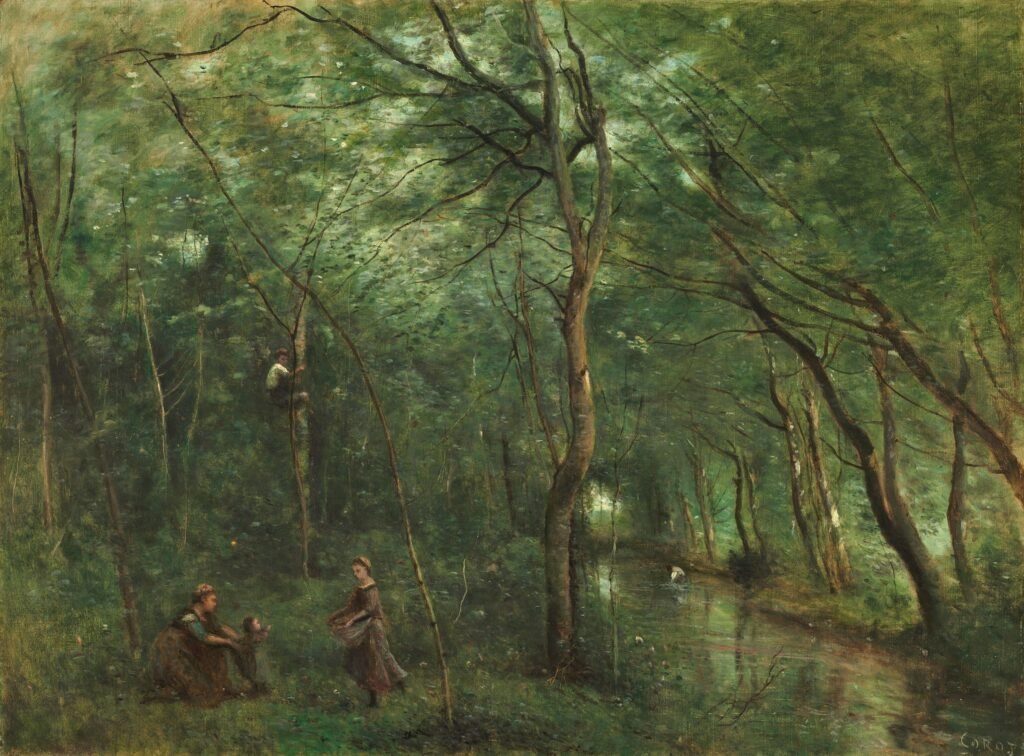In the world of homeschooling and education, it’s easy to get caught up in the academic aspects of teaching. We often find ourselves focusing on what our children need to know in terms of facts and figures, but it’s essential to step back and consider the bigger picture. What are the most crucial things we want our children to learn? The answer goes far beyond academic skills; it delves into the essence of the whole child.
Seeing the Whole Child
Take a moment and think about the most important things you want your child to know. If you ask a few people to share their thoughts, you’ll likely discover that their priorities extend well beyond the realm of academics. In fact, many would agree that the person their child becomes is more critical than any specific academic skill.
As a homeschooling parent, I’ve often found myself guilty of being too narrowly focused on academics, losing sight of the broader perspective. However, to truly harness the transformational power of mentoring in our children’s lives, we must see them as whole human beings.
The Japanese educator, Shinichi Suzuki, wisely emphasized the importance of education that brings out, develops, and nurtures the human potential in children. It’s not just about instruction; it’s about inculcating and supporting the growth of the child as a whole.
The True Meaning of Education
Suzuki’s perspective aligns with the real essence of education, which goes beyond mere instruction. To truly educate, we must see the WHOLE child, nurturing their potential, and guiding them on their unique journey of growth and self-discovery.
Suzuki’s vision for education is clear: “My prayer is that all children on this globe may become fine human beings, happy people of superior ability, and I am devoting all my energies to making this come about, for I am convinced that all children are born with this potential.”
Reimagining the Question
When we think about what we want our children to become, we should reframe the classic question, “What do you want to be when you grow up?” Instead, we can ask, “How do you want to contribute to humanity?” or “What problem do you want to solve?”
This change in perspective encourages our children to look at their lives from a more holistic standpoint. It shifts the focus from a career-driven mentality to a broader understanding of their potential impact on the world. After all, contributing to humanity involves more than just mastering academic skills; it encompasses qualities such as empathy, creativity, problem-solving, and a deep understanding of the human experience.
Adapting to the Future
In a rapidly changing world, traditional career paths are evolving, and many jobs that exist today may not be around in the future. James Ure, the President of Williamsburg Academy, shared a staggering statistic: “45% of jobs that exist today will not exist in 10 years from now. 85% of jobs that will exist in 2030 haven’t even been invented!”
This underscores the need for a holistic education that prepares our children for the unknown challenges of the future. By encouraging them to think about how they can contribute to humanity, we’re nurturing their adaptability, critical thinking, and the ability to make a meaningful impact.
In conclusion, as homeschooling parents, let’s shift our focus from simply imparting knowledge to nurturing the whole child. Embrace the idea that true education is about developing human potential, instilling values, and preparing our children to contribute positively to the world. In doing so, we’ll be empowering them with the tools they need not just to succeed academically but to thrive as well-rounded, empathetic, and innovative individuals.

